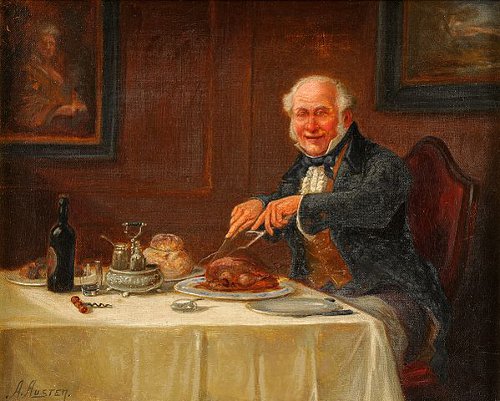
bibliotaph
n. a hoarder of books
In the rare book collection of the archives at Caltech is a copy of Adrien-Marie Legendre’s 1808 text on number theory. It comes from the collection of Eric Temple Bell, who taught mathematics at Caltech from 1926 to 1953. Inside the book is an inscription in Bell’s handwriting:
This book survived the San Francisco Earthquake and Fire of 18 April, 1906. It was buried with about 600 others, in a vacant lot, before the fire reached the spot. The house next door to the lot fell upon the cache; the tar from the roof baked the 4 feet of dirt, covering the books, to brick, and incinerated all but 4 books, of which this is one. Signed: E. T. Bell. Book buried just below Grace Church, at California and Stockton Streets. House number 729 California Street.
During the Great Fire of London in 1666, Samuel Pepys came upon Sir William Batten burying his wine in a pit in his garden. Pepys “took the opportunity of laying all the papers of my office that I could not otherwise dispose of” and later buried “my Parmazan cheese, as well as my wine and some other things.” I don’t know whether he ever recovered them.






